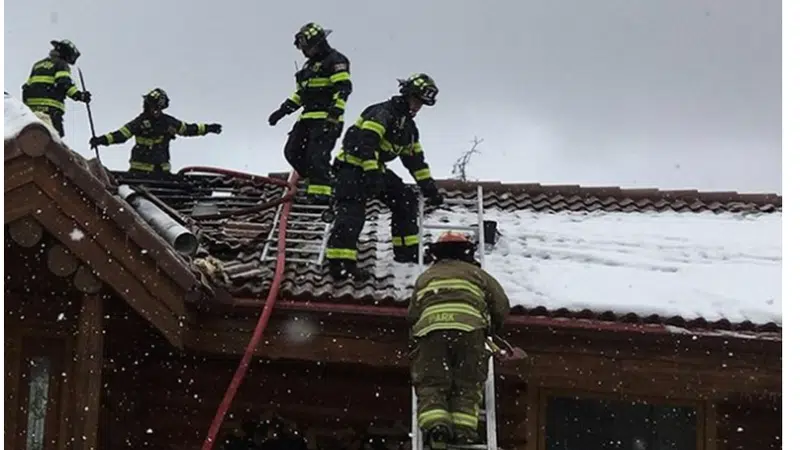
Be cautious when heating up your home, officials say
This past weekend saw a structure fire southwest of Rocky Mountain House that had over 20 firefighters battling for more than eight hours to control the fire due to the heavy construction of the home.
The fire was contained to the attic and the rest of the house suffered water damage.
With winter nearly upon us, the Clearwater Regional Fire Rescue Service wants to remind people of the possible dangers.
“As we saw over the weekend we had a response to a structure fire in the area and it’s kind of a wakeup call for that time of year, when you start seeing an uptrend in heating related structure fires and also carbon monoxide calls this time of year,” Assistant Fire Chief Evan Stewart stated.


